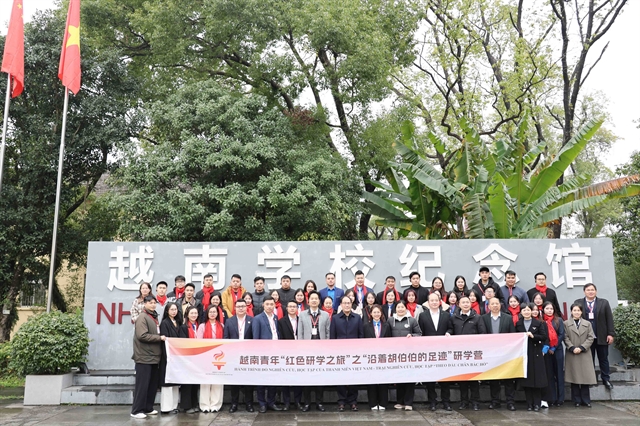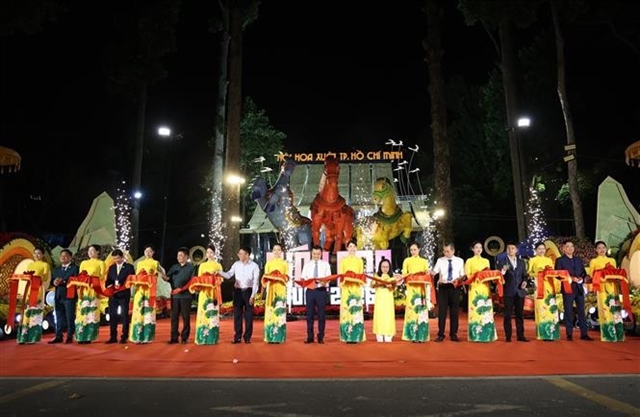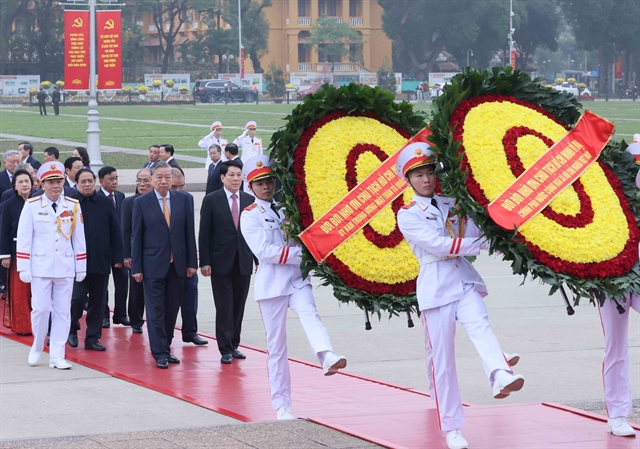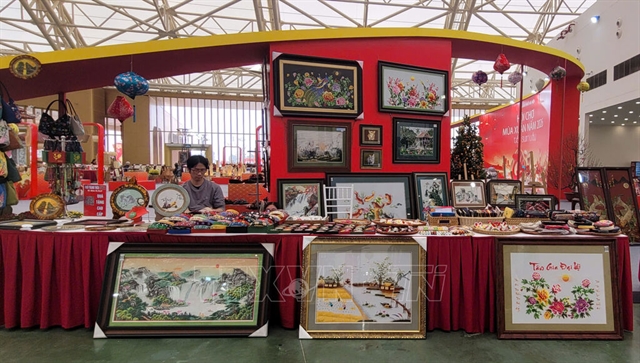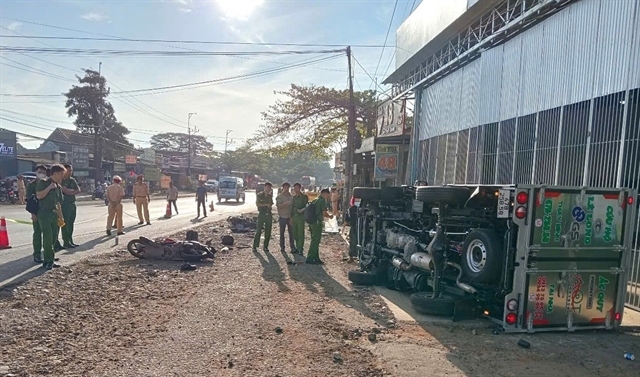 Society
Society
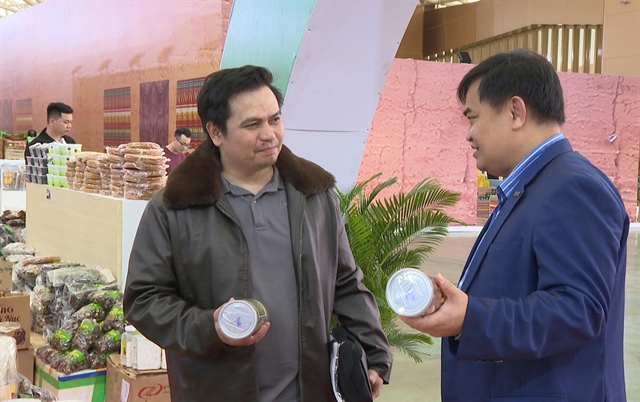
Ian de Cruz, the Global Director of Partnering for Green Growth and Global Goals 2030 (P4G), a Denmark-inspired new initiative to support innovative public-private partnerships, talks to Việt Nam News about P4G and how it could work in Việt Nam on the occasion of his three-day visit to the country this week
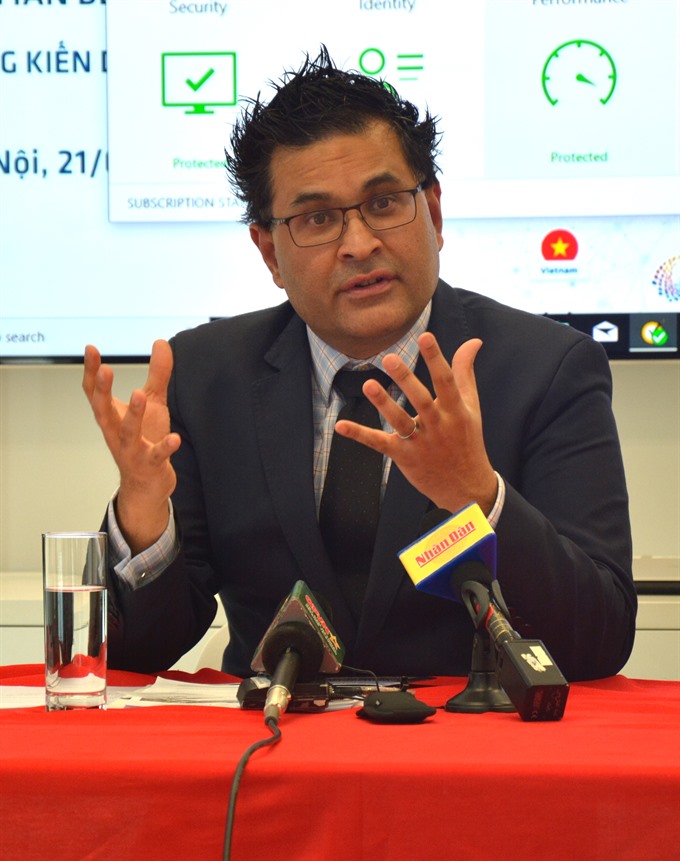 |
| Ian de Cruz |
Ian de Cruz, the Global Director of Partnering for Green Growth and Global Goals 2030 (P4G), a Denmark-inspired new initiative to support innovative public-private partnerships, talks to Việt Nam News about P4G and how it could work in Việt Nam on the occasion of his three-day visit to the country this week
What is P4G?
P4G is an international agreement that provides a frame for how we want to move the world into the future. It brings business, government and civil society organisations together to find public-private-partnerships and advanced solutions in five sectors. The first is food/agriculture, the second is water, the third is energy, the fourth is cities and the fifth is the circular economy. We have seven partner countries. The Danish government will provide funding for the next five years. The funding for this year is expected to be about US$4 million. In 2018, P4G expects to fund 5-10 partnerships with investment ranging from under $100,000 to up to $1 million.
[P4G was established in January 2018, with initial funding over five years from Denmark. The initiative was created with international partners, including Chile, Denmark, Ethiopia, Kenya, the Republic of Korea, Mexico and Viet Nam. P4G will deliver market driven, green solutions to support countries’ efforts to meet the UN Sustainable Development Goals (SDGs) through three key things].
In P4G, we do three key things; provide direct support for public-private-partnerships, organise high-level summits, workshops and other meetings and showcase transformative solutions and recognise them. The biggest P4G summit will be hosted in Copenhagen this October. We are looking to have high-level representation, including governments, businesses and civil society.
What are the major activities of P4G in Viet Nam this year? How will it benefit Việt Nam?
The major activities are hoped to be implemented in the sectors of textile, energy and pepper in Việt Nam this year. We hope to increase the number of textile companies participating in P4G. The current number is only 20 companies. Another major activity is building energy efficiency, where Việt Nam is part of global leadership on building energy efficiency acceleration. In the last example, there is a lesson Việt Nam has learnt in terms of spreading sustainable value chains in coffee, which can also apply to pepper.
The first benefit is issuing what is the global experience and comparing to what has been done in Việt Nam. March 30 is the deadline for P4G partnership applications. This is an opportunity to clarify the best proposals in Việt Nam. Another benefit is Việt Nam could set up its national platform based on experiences of P4G partner countries and create a sustainable partnership between the public, private sector and civil society.
What are the criteria to choose businesses for P4G funding? How will P4G help Viet Nam reach its targets in the SDGs and the Paris Climate Agreement?
The key part for partners in term of organisations and enterprises is how they can help accelerating and implementing the best P4G partnership ideas. A good P4G partner is one beyond the transactions of today; with strategic directions and shared values. These are the firms P4G has secured funding for the next five years. Our goal is to aim towards 2030. So we want partners that can run until then.
How can we increase energy efficiency in all buildings in Việt Nam, how can we improve agriculture productivity and land use in commodities such as coffee and pepper, how do we address water leakage issue in the cities in Việt Nam? This is the intent behind the sustainable development goals and the Paris agreement.
If we use the principles of the circular economy, we can help efficiency in resource activities that use fewer natural resources and provide additional income for the local community. And what we want to show here in P4G is some small ways we can help implementing goals locally in Việt Nam. We could both partner and support you better. — VNS

